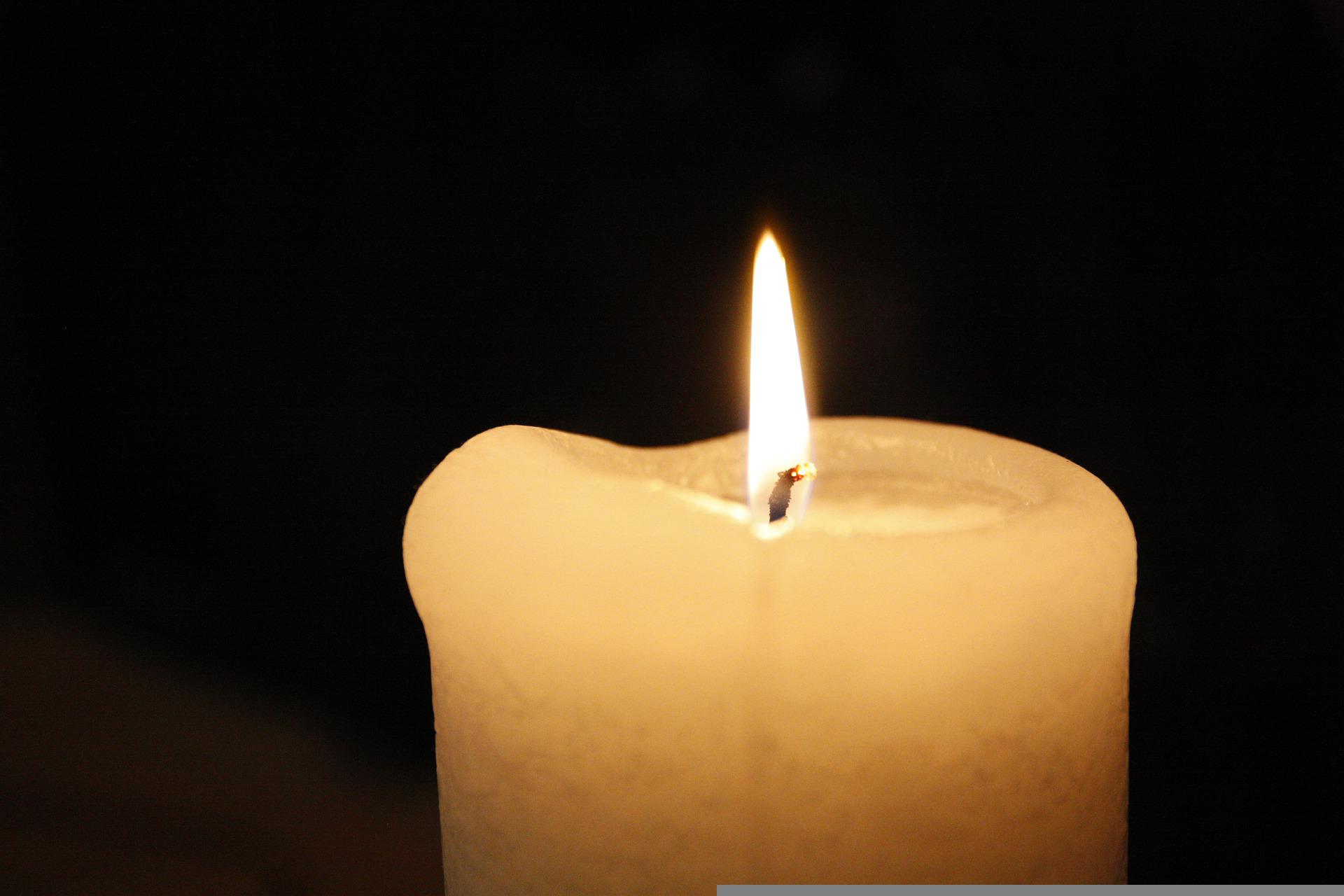
In Islam, death is seen not as an end, but as the beginning of the soul’s journey to the afterlife. Muslim funeral rituals are deeply spiritual and follow traditions rooted in the teachings of the Qur’an and the Prophet Muhammad (peace be upon him). These practices ensure the deceased is treated with dignity and that the community comes together in prayer and remembrance.
Final Moments and Immediate Actions
As death approaches, family members gather to offer comfort and recite readings from the Qur’an. The dying person is encouraged to repeat the Shahada – "There is no god but Allah" – as their final words. Once death occurs, the eyes and mouth are gently closed, and the body is positioned so that the side faces the Islamic holy city of Mecca.
Washing and Shrouding the Body
The body is washed by adult family members of the same gender, following a specific sequence. It is washed at least three times – more if needed, but always an odd number. After cleansing, the body is wrapped in a simple white shroud (kafan). Men are wrapped in three white sheets, while women are dressed in a loose-fitting garment, a loincloth, and a head veil before being shrouded.
The Janazah Prayer
The funeral prayer, or Salat al-Janazah, is a communal obligation and is typically held in a mosque or a designated prayer area. Attendees form at least three rows: men in the front, children in the middle, and women to attend at the back. The prayer includes:
- Recitation of Surah Al-Fatiha
- Salutations upon the Prophet
- Supplications for the deceased
- A special prayer for the parents if the deceased is a child
The body is placed so that it faces the Islamic holy city of Mecca during the prayer.
Burial and Gravesite Customs
Burial takes place as soon as possible, ideally within 24 hours. The body is lowered into the grave on its right side, again ensuring it faces the Islamic holy city. In some traditions, wood or stones are laid in the grave to support the body before it is covered with soil.
Graves are kept simple, in line with Islamic values of humility. Headstones may be used, but elaborate markers are discouraged.
Mourning and Remembrance
After the burial, family and friends may gather to offer condolences and continue readings from the Qur’an. Mourning periods vary, but typically last three days. Widows observe a longer mourning period of four months and ten days.
Related Articles:
Should You Choose Cremation or Burial?
Modern Hindu Funerals: A Step-By-Step Guide